Meta-learning: Learning to learn
When you search through the internet, you can find many articles about meta-learning.
It is interesting to know that researchers always can come up with new terms and repackage them into something different leading to a new pedagogy being developed.
Based on my understanding, meta-learning is closely related to metacognition where one reflects on their own thinking.
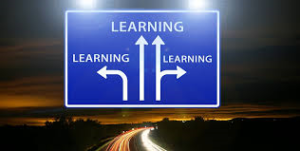
Meta-learning is simply the awareness of learning about how we can learn effectively and develop better habits of learning with considerations of metacognition as well as the popular growth mindset.
Below is a videoclip about meta-learning using neuroevolution.
This short article will discuss about some ideas of meta-learning that may be useful but we need to keep in mind that different learners have different learning needs.
Reflect on learning gaps
Very often, most teachers may just go through an exam paper and explain the concepts and reasons for misconceptions.
Most of us may not have asked pupils to reflect on their answers for those that are wrong or correct.
When they get the answer correct, we can get them to think about the effectiveness of the way they have revised their work.
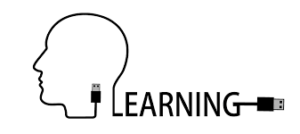
When they get the answer wrong, they can reflect on how can they study more effectively to understand or retain the information needed for the question.
Through reflecting on their learning style or learning gaps, they can revisit and refine how they learn.
They can learn and discover how to learn more effectively. This awareness is an aspect of meta-learning.
Exploration of learning strategies
There are many learning strategies that are developed and used by many.
The fact that everyone has different learning needs requires one to examine and reflect our own learning needs before adopting what others say is good.
We must know whether we are kinesthetic, visual or auditory learner.
Reflecting on the prominent way that we learn best can get us to see which strategy can work better for us than others.
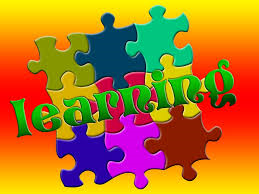
If I am a visual learner, mind mapping may just provide me with a nice visual overview of what I need to know and what I need to learn about a topic. I may also watch a video related to the topic that I need to know.
As a kinesthetic learner, I may just need to create different actions to help myself to remember the information and key points. I will need to find learning strategies that can provide more actions that leads to meaningful retention of information.
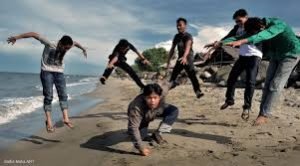
When an auditory learner needs to learn, he may just find a song or audio lesson that provides key ideas and elaborations effective for his learning needs.
Selecting what is effective for our own learning and learning about how we can learn better leads to effective learning styles being developed.
Content redesign
With self-awareness of how we can learn best through exploration, the content or lecture notes may not be able to cater to our learning needs.
Visual learners may need to draw out pictures to illustrate the content given. Through drawing, he gets to see a clearer picture of what the content is about.
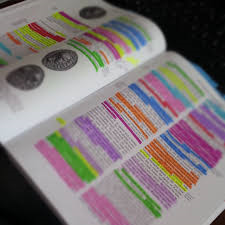
With awareness of meta-learning, teachers can craft lessons to allow pupils to discover and learn about how they can learn better.
Learning to learn can be a continuous process especially different content may require different demands.
There is no one solution to address all questions and content redesign will definitely take a great deal of time.
In conclusion
With awareness of meta-learning, adults and students can both discover how they can learn to learn better.
Discovery and self-actualisation will both give the aha moment to many.
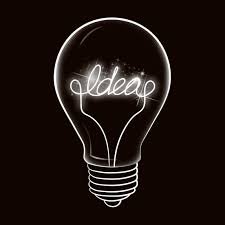
It is really an exciting learning to learn journey where we must believe that everyone can learn but we learn best in certain ways.
Reference:
Jackson*, N. (2004). Developing the concept of metalearning. Innovations in Education and Teaching International, 41(4), 391-403.
Carneiro, R. (2007). The big picture: understanding learning and meta‐learning challenges. European Journal of Education, 42(2), 151-172.
Meyer, J. H. (2010). Helping our students: learning, metalearning, and threshold concepts. School of Policy Studies, Queen's University, McGill-Queen's University Press.
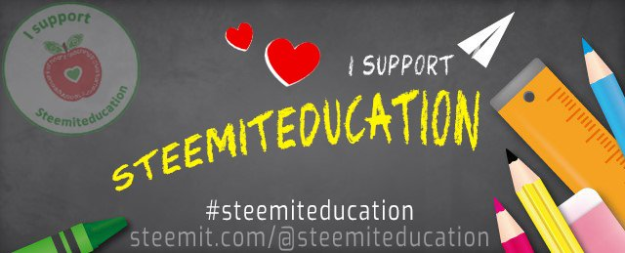
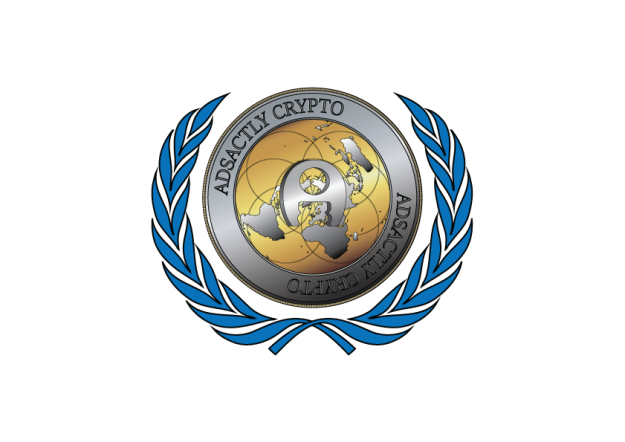
Disclaimer: This is my personal reflection and I am not in any position to instruct anyone what they should do. I am not responsible for any action taken as a result of this post. My post can only be a reference for your further research and growth. By reading this post, you acknowledge and accept that. All images and pictures were taken from google images that are free from copyright under labelled for reuse.
Posted from my blog with SteemPress : http://fun2learn.vornix.blog/2018/10/30/meta-learning-learning-to-learn/
Congratulations @fun2learn! You have completed the following achievement on the Steem blockchain and have been rewarded with new badge(s) :
Click here to view your Board of Honor
If you no longer want to receive notifications, reply to this comment with the word
STOPTo support your work, I also upvoted your post!
Do not miss the last post from @steemitboard: